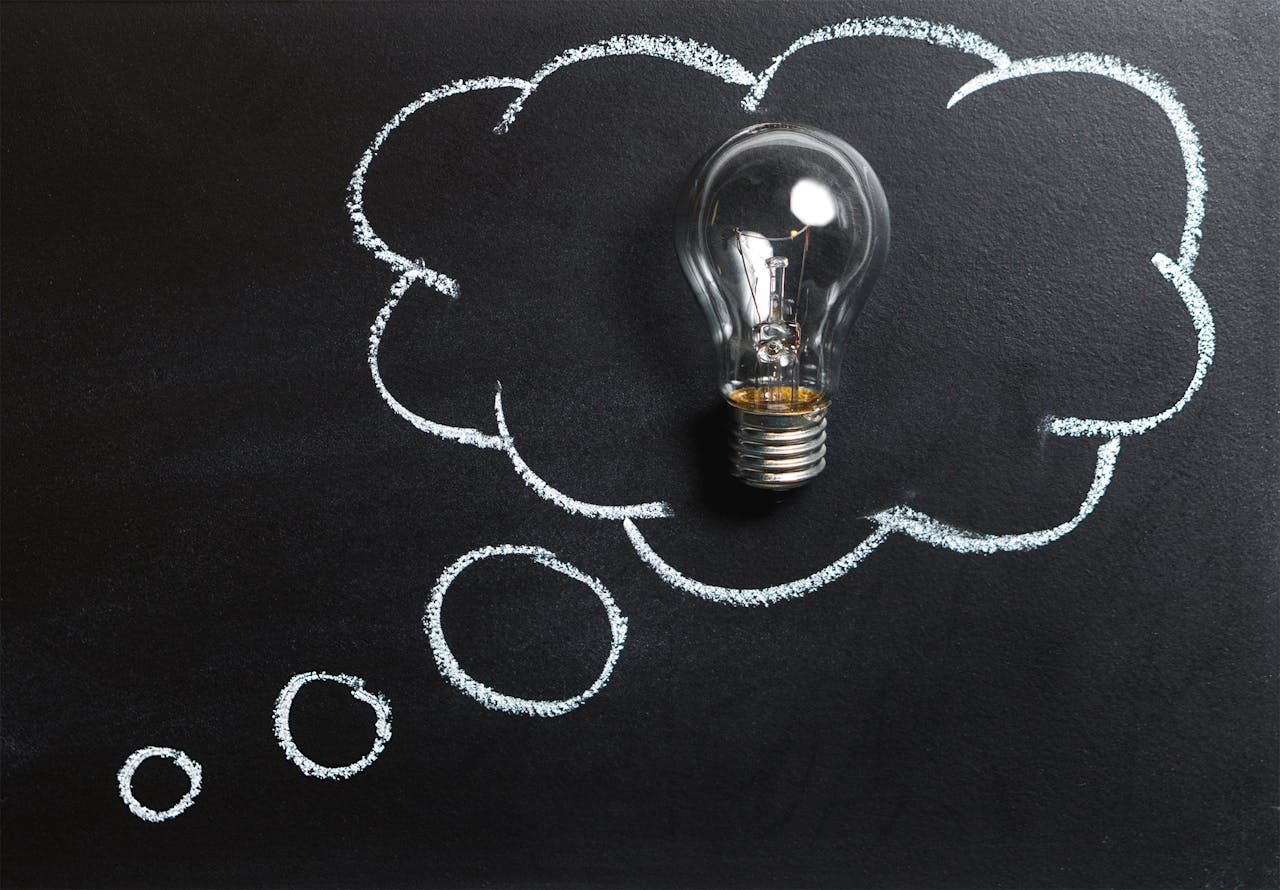Setting up a well-stocked kitchen is crucial for efficient and enjoyable cooking. Here are the essential cooking utensils and tools you need to get started.
Cookware
- Saucepan: A saucepan is a versatile tool for cooking liquids, such as boiling pasta, vegetables, or simmering sauces and beans. A 3.5-quart non-stick or 4-quart stainless steel saucepan is ideal for most tasks[2][5].
- Stock Pot: For larger batches of soups, stews, and pasta, an 8 to 12-quart stock pot is necessary. It ensures even heating and is a must-have for bulk cooking[2].
- Baking Sheets and Pans: These are essential for roasting vegetables, baking meats, toasting nuts, and baking cookies. They also facilitate easy clean-up, especially for sheet pan dinners[2][4].
Knives
- Chef’s Knife: This is the most used knife in your kitchen, ideal for 90% of your food prep. Investing in a good chef’s knife is crucial[2][4].
- Serrated Knife: Useful for slicing through tomatoes and bread with ease.
- Paring Knife: Great for smaller, more delicate tasks where a larger knife is impractical[2][4].
Utensils
- Fish Turner/Spatula: Although named a fish turner, this tool is versatile and can be used to flip burgers, fish, eggs, and pancakes. Its wide base and thin, beveled edge make it highly useful[2].
- Vegetable Peeler: A sharp peeler is necessary for removing vegetable peels, shaving cheese, or making veggie ribbons. It is a simple but essential tool[2][5].
- Whisk: Quicker and more efficient than forks or chopsticks, a whisk is perfect for emulsifying ingredients like vinegars and oils, making vinaigrettes and marinades[2].
- Tongs: Acting as extended hands, tongs help in flipping large pieces of food and moving ingredients around in pans without the risk of burns[2].
Additional Tools
- Cutting Boards: Wooden, bamboo, or glass cutting boards are recommended. Wooden and bamboo boards resist bacteria growth and are gentle on knives, while glass boards are easy to clean and less likely to become contaminated[4][5].
- Colander: Essential for draining pasta, washing produce, or rinsing canned beans. Having multiple sizes can be helpful, but two or three will suffice[2][5].
- Can Opener: A simple but necessary tool for opening canned goods[2].
- Microplane: Useful for grating cheese, ginger, or other ingredients. A wide blade with a sturdy handle is recommended[5].
- Silicone Pastry and Basting Brush: Handy for applying egg washes or melted butter to pastries and meats[5].
Measuring and Cooking Tools
- Digital Scale: Measuring ingredients by weight is more accurate than by volume, especially in baking. Digital scales ensure consistency and accuracy[3][5].
- Measuring Cups and Spoons: Essential for precise measurements, especially when following recipes[3].
- Instant Read Thermometer: Crucial for ensuring that meats are cooked to a safe temperature[5].
Miscellaneous Tools
- Pressure Cooker: Effective for preparing difficult-to-cook foods quickly and safely[4].
- Cast Iron Pans: Versatile and durable, cast iron pans are great for a variety of cooking tasks and can last for years with proper care[5].
- Fine-mesh Strainers and Sieves: Necessary for straining sauces, soups, and other liquids. Having multiple sizes is beneficial[5].
Most Important Facts About Cooking Utensils
Essential Cookware
- A saucepan (3.5-4 quarts) and a stock pot (8-12 quarts) are must-haves for liquid-based and bulk cooking.
- Baking sheets and pans are crucial for roasting and baking.
Critical Knives
- A chef’s knife, serrated knife, and paring knife cover most cutting tasks.
Key Utensils
- A fish turner/spatula, vegetable peeler, whisk, and tongs are essential for various cooking tasks.
Measuring Accuracy
- Using a digital scale to measure ingredients by weight is more accurate and consistent than measuring by volume.
Additional Essentials
- Cutting boards, colanders, can openers, and microplanes are simple but necessary tools.
- Silicone pastry and basting brushes, instant read thermometers, and fine-mesh strainers and sieves add to the efficiency of your kitchen.
By having these essential cooking utensils and tools, you will be well-equipped to handle a wide range of cooking tasks efficiently and effectively.


